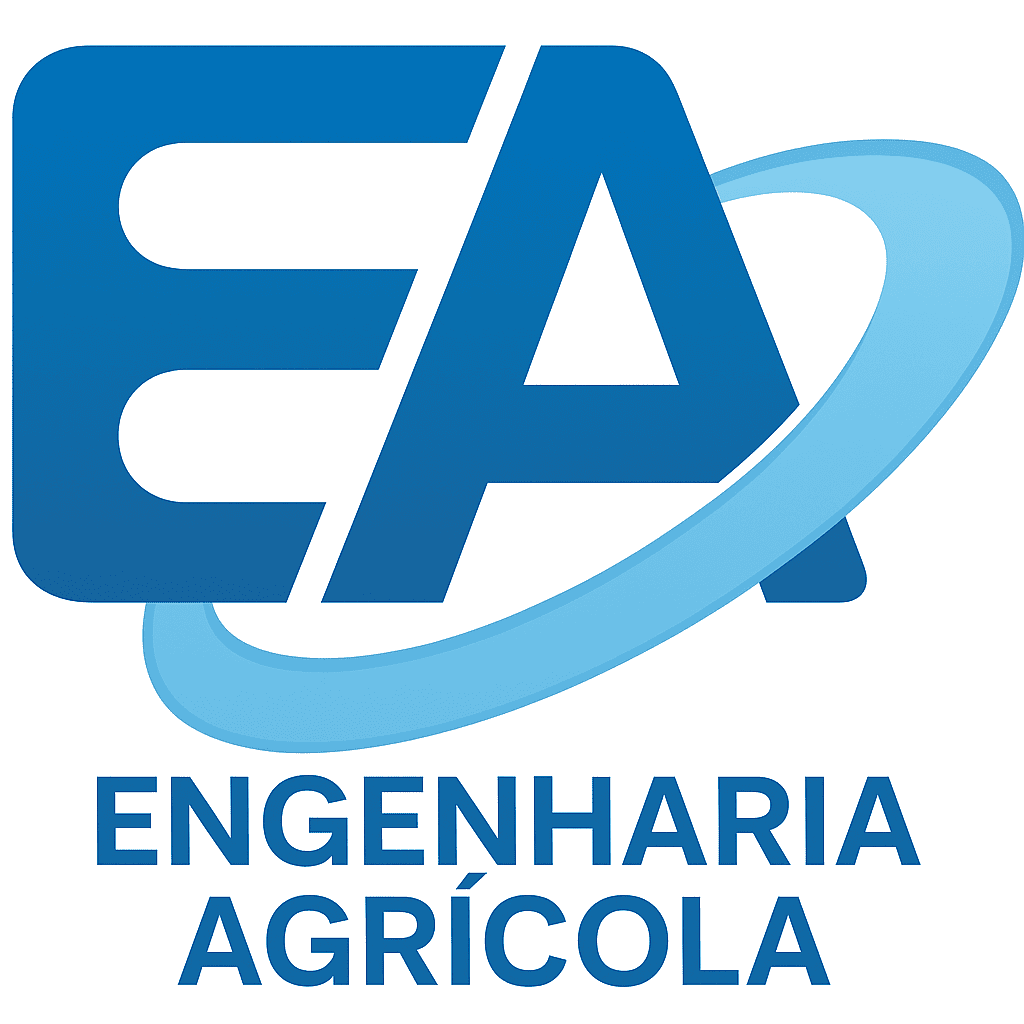Since the previous four-year evaluation (2017-2020), CAPES has established a new philosophy of improvement in the evaluation process, in which Self-Assessment becomes a strong tool that allows the detection of strengths and weaknesses, aiming to direct the adequate planning of postgraduate programs and aiming to monitor the quality of the program as well as focusing on student training. To this end, a specific Working Group (WG) was created for Self-Assessment of postgraduate programs. Self-Assessment or internal evaluation/institutional evaluation allows for reflection on the context and policies adopted, in addition to the systematization of data that lead to decision-making.
Thus, UFRPE initiated, in a pioneering way, the process of institutional self-assessment of the Graduate Programs (PPG) in 2020, corresponding to the activities developed in 2019. Thus, the determination of the strategic points of the analysis of UFRPE's PPGs began to be established and periodically monitored by a Commission formed by professors, students and technical-administrative staff and coordinated by the Pro-Rectory of Graduate Studies. This commission carried out the systematic evaluation of the data obtained annually in the programs, concluding a cycle of six self-assessments (2019-2024) of UFRPE's Programs (https://www.prpg.ufrpe.br/pt-br/relatorios-autoavaliacao). The comparative results between the years showed a clear evolution in several academic activities evaluated and, it was also important to correct the weaknesses detected, below is the link to the report for the four-year period (2021-2024): http://www.prpg.ufrpe.br/sites/default/files/arquivos-noticias/Relat%C3%B3rio%20Final%20Autoavaliac%CC%A7a%CC%83o%202025%20-%20PUBLICADO.pdf .
Based on the self-assessment reports, it was possible to observe important advances in identifying the strengths, weaknesses and opportunities of the Programs, as well as in carrying out strategic planning and actions with the objective of providing better academic and administrative conditions to the Programs.
Since the Self-Assessment process is a tool for diagnosing, conducting and providing feedback on actions and measures, which, when combined with the program's STRATEGIC PLANNING, can play an essential role in its organization, management and planning, the PGEA began, at the end of 2019, actions to implement strategic planning with the participation of faculty, staff and students, through joint work with the Pro-Rector of Planning (PROPLAN). Meetings were held to develop the Mission, Vision, Values and fill out the SWOT Matrix for the Action Plans. Since UFRPE's mission is to “build and disseminate knowledge and innovation, through teaching, research and extension activities, attentive to the desires of society”, the Self-Assessment process will enable Institutional Planning related to the growth and consolidation of the Postgraduate Program, with academic quality and social responsibility, aiming to contribute to the resolution of problems that affect society and the environmental conditions of the State of Pernambuco and the Northeast Region. Institutionally, the Office of the Vice-Rector for Graduate Studies (PRPG) of the Federal Rural University of Pernambuco (UFRPE) established in 2019 a Committee formed by professors and students of the Graduate Program, as well as members of the Self-Assessment Committee (CPA), to begin the process of Self-Assessment of Graduate Programs, based on the recommendation of the Coordination for the Improvement of Higher Education Personnel (CAPES). It is worth mentioning that the coordinator of the PGEA acted as a member of the Self-Assessment Committee of UFRPE Graduate Programs.
As a Methodology for carrying out the Self-Assessment of UFRPE Graduate Programs, the following phases were implemented: 1) Planning, with the definition of the Working Group; meetings to study and define the Self-Assessment instrument; suggestions from the PPG coordinators in the Self-Assessment instrument, with the goal of developing the standards for the Self-Assessment of UFRPE's Graduate Programs; 2) Execution, with the sending of the Self-Assessment instrument to the program coordinators, with the goal of forwarding it to the professors and students of the Graduate Programs; 3) Analysis of the results, with the sending of the reports of each program for analysis by the coordinators for contributions; systematization of the results of the programs in the PRPG Self-Assessment Reports, with the goal of the Self-Assessment Reports; and 4) Dissemination of the results, with discussion on strategies for disseminating the Self-Assessment results, with the goal of widely disseminating the results.
Among the points considered in the UFRPE self-assessment process are: infrastructure, program management, evaluation of professors and students, evaluation of guidance, internationalization, and inclusion.


